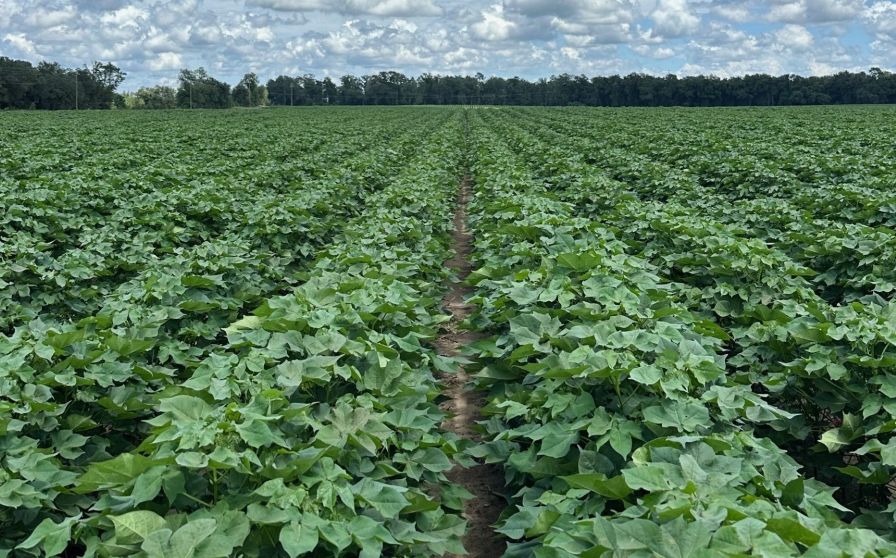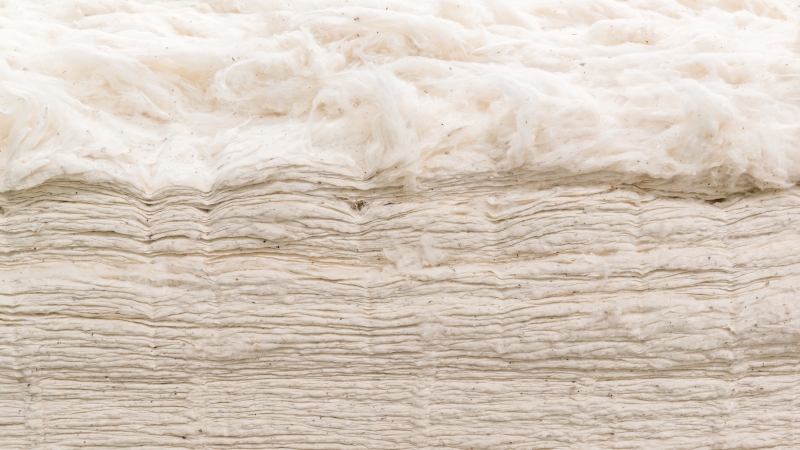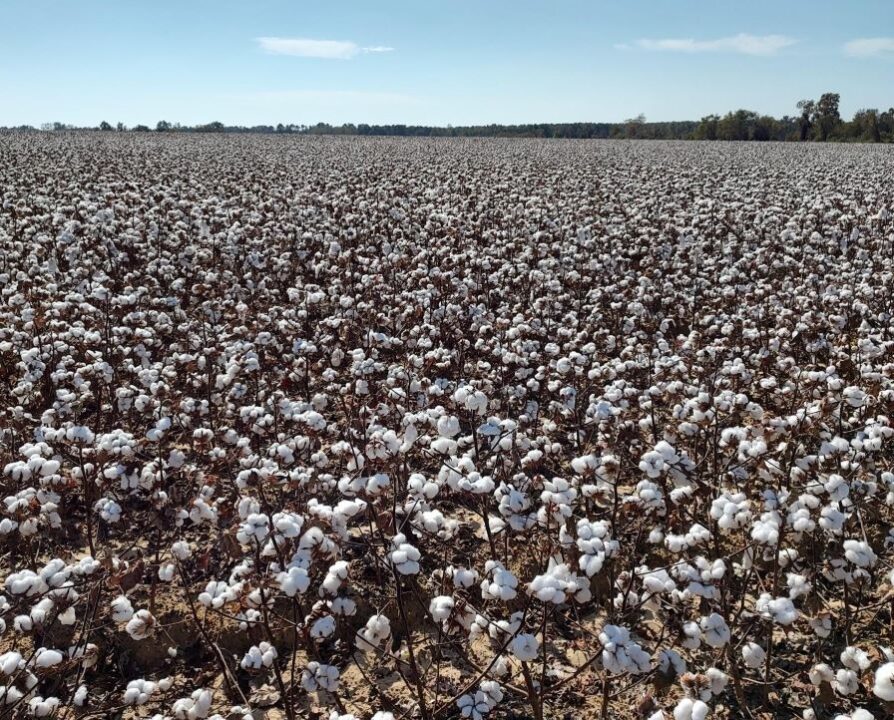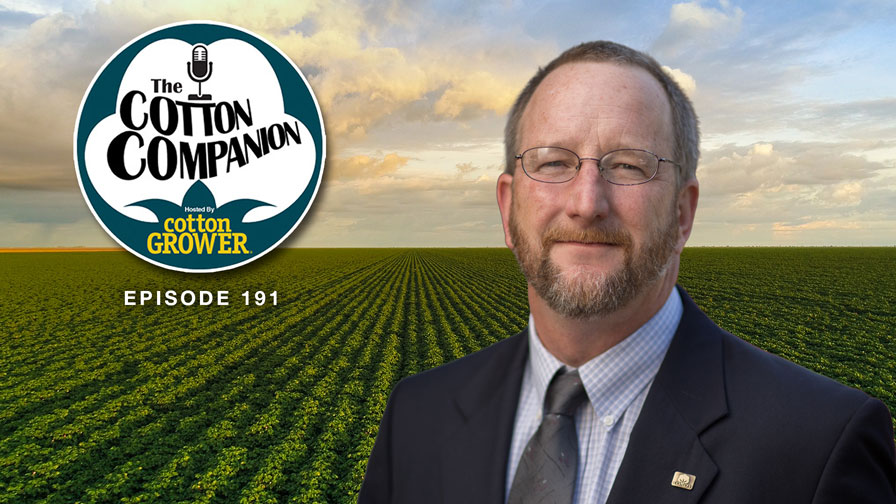Is U.S. Cotton in Troubled Waters?
The U.S. cotton industry will be witnessing testing times.
Over 1,500 participants gathered Mar. 30-31 for the Texas Cotton Gin Show in Lubbock, prior to the High Plains of Texas planting season beginning in May. While there were mixed opinions due to many uncertainties in the industry, stakeholders are hoping for better weather to move the cotton industry forward.
The economy is playing a significant role in reduced demand for textile items. Inflation has resulted in a rise in input costs which slow down consumption of textiles and other commodity items.
“The cotton sector will have 1-2 years of tough times,” states Shankar Venkatachalam, President of Bajaj ConEagle LLC, which has its ginning machinery running in over 20 countries.
Cotton producers, bankers, insurers, and other stakeholders are hoping that timely rains in the High Plains will mean a better cotton season this year.
“Last season has been brutal for the ginners,” opines Steve Moffett, Senior Vice President at Lubbock Electric. In his more than four decades in the industry, he says that the drought last year coupled with inflationary pressures have put the cotton sector under stress. Many gins did not run at full capacity, indicating less economic activity in the High Plains of Texas.
“If the weather does not cooperate, the industry will have a different trajectory,” states Stoney Jackson, President of Lubbock-based Texas Agribusiness Insurance. “If the situation persists, a lot of small gins may close, and we may see more consolidation.”
Sales of new clothing is not happening due to economic factors. “In a weak economy, people buy food and not clothes,” adds Jackson.
Insurance and input costs are going up, which again adds stress to the industry. Due to an increase in insurance claims over the past few years, premiums are going up as high as 30-60%, which makes the industry unviable in challenging times, notes Jackson. Irrigated acres may permanently switch to food crops such as corn and milo.
The industry hopes that with timely rains in Texas and a good handle on inflation, there may be a quicker turnaround for the cotton and textiles sector. Given the stressful and uncertain times, it is resilience and hope which can continue to move the industry forward.










